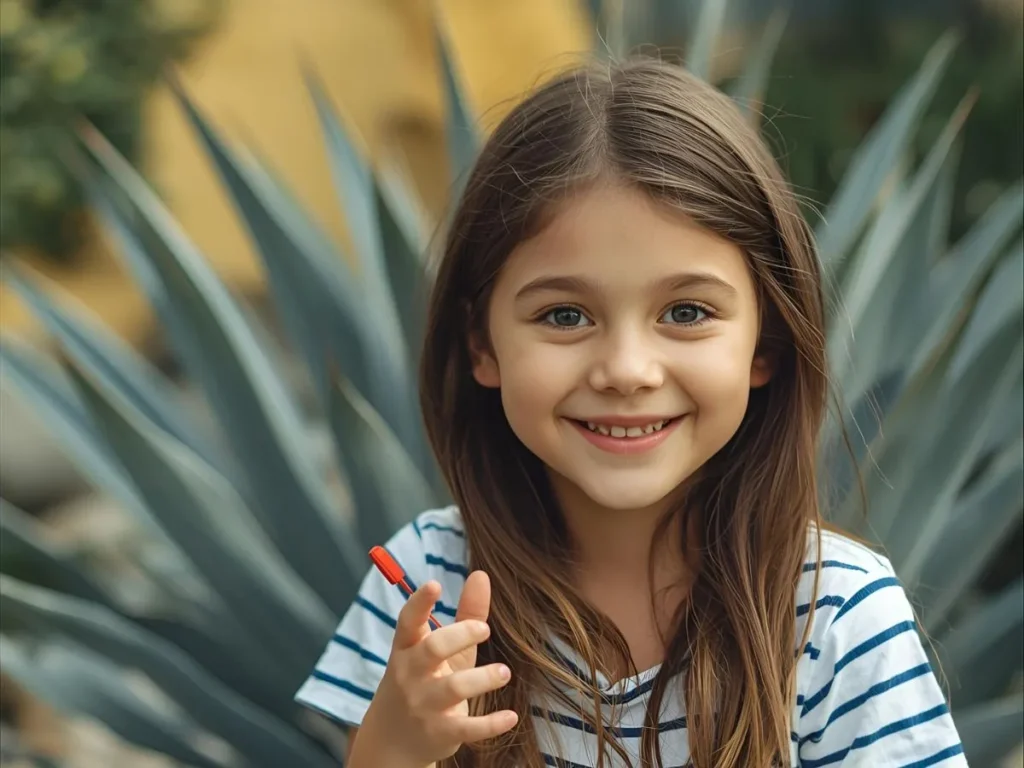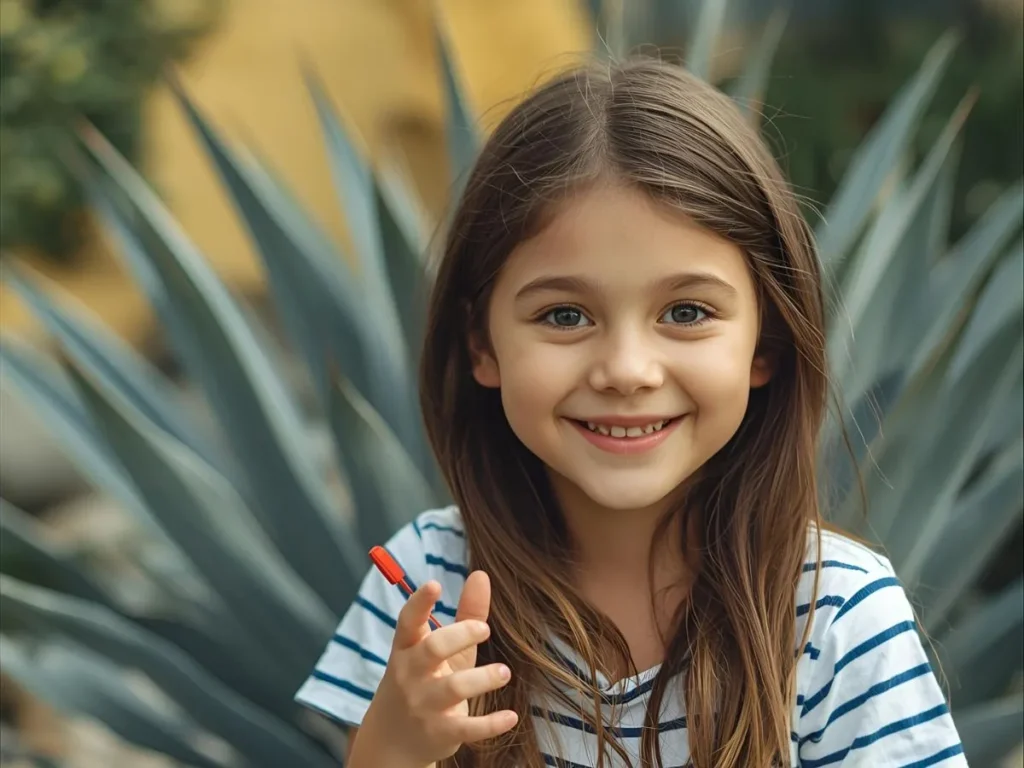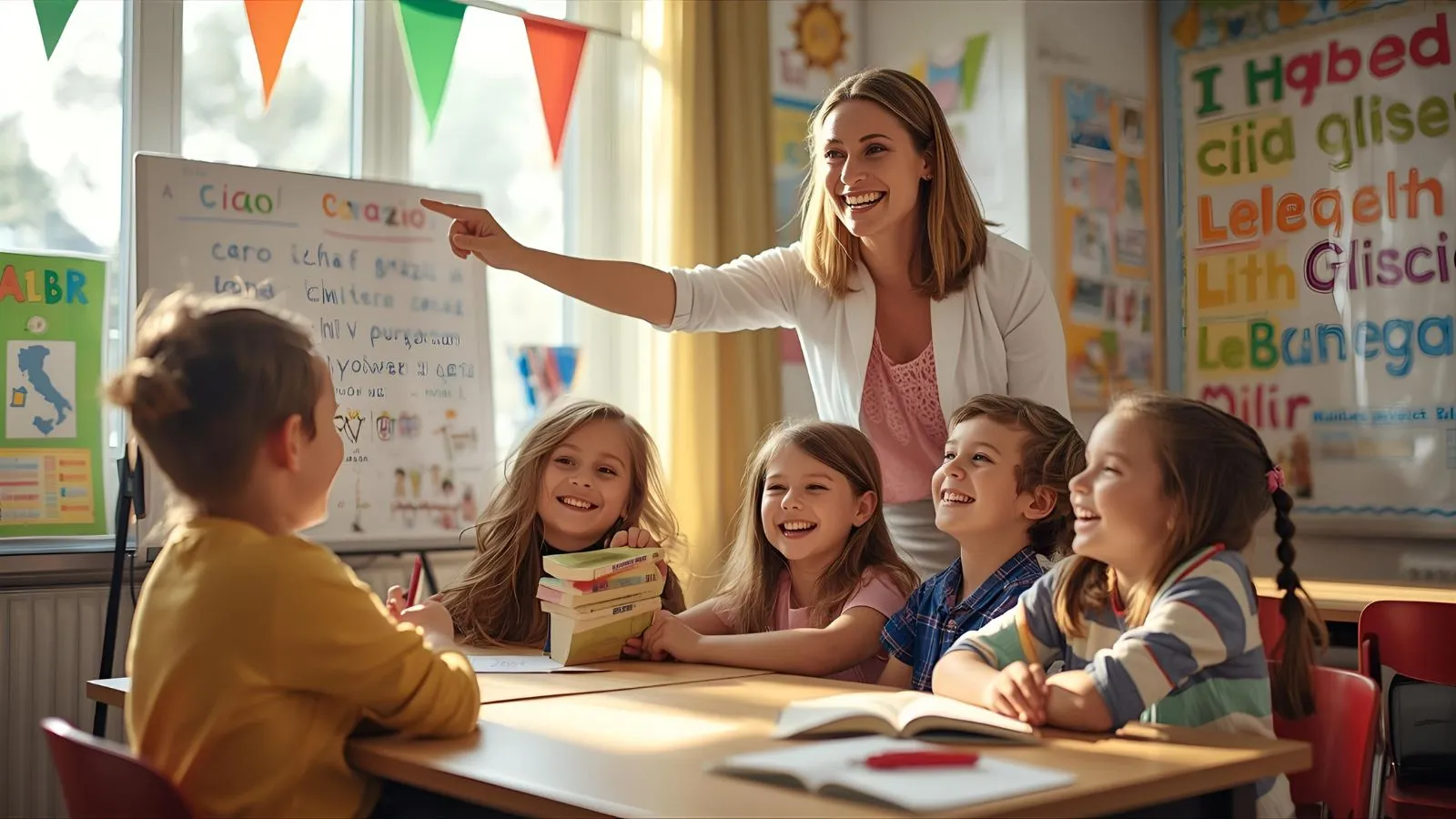Hey there! So, you’re thinking about teaching your kids a few Italian phrases, right? That’s such a great idea! Kids are natural language sponges, and introducing them to Italian the language of music, art, and gelato is not only fun but also incredibly rewarding.
If you’re a parent wanting to make learning playful at home, or a teacher looking to add a cultural twist to your classroom, these Italian phrases will spark curiosity and excitement in young minds.
From cheerful greetings like Ciao! to polite expressions and everyday words, this guide is packed with easy, memorable phrases that kids will love repeating .
Ready to make learning Italian a joyful adventure?
Let’s dive in together!
Why It Matters ❤️
Teaching Italian phrases for kids isn’t just about memorizing words—it’s about opening young minds. Children are natural language learners. The earlier they start, the easier it is to pick up pronunciation, grammar, and confidence.
Knowing basic Italian helps kids:
- Communicate with Italian-speaking friends or relatives.
- Gain cultural awareness and curiosity.
- Improve memory, creativity, and problem-solving skills.
- Feel more connected during travel or cultural lessons.
For example, imagine your child visiting Rome and greeting someone with “Buongiorno!” (Good morning). That small moment of communication creates pride and excitement—a spark that keeps them learning more.
🏠 Everyday Italian Phrases for Kids

Ciao! (Hello/Hi)
A simple and cheerful greeting that works anytime.
Use When: Meeting friends or family.
Example: Ciao, come stai? (Hi, how are you?)
Buongiorno (Good morning)
Start the day the Italian way—with a smile!
Use When: Saying good morning to teachers or parents.
Example: Buongiorno, mamma! (Good morning, Mom!)
Buonanotte (Good night)
A sweet bedtime phrase.
Use When: Before going to sleep.
Example: Buonanotte, papà! (Good night, Dad!)
Grazie (Thank you)
Teach kindness through language.
Use When: Showing gratitude for gifts or help.
Example: Grazie per il gelato! (Thanks for the ice cream!)
Per favore (Please)
Manners matter—especially in Italian!
Use When: Asking politely.
Example: Per favore, posso avere l’acqua? (Please, may I have some water?)
🎒 School Time Phrases
Buongiorno, maestra! (Good morning, teacher!)
Polite greetings build respect.
Use When: Arriving at school.
Example: Buongiorno, maestra Carla!
Posso andare in bagno? (Can I go to the bathroom?)
A must-know phrase for students.
Use When: Asking permission during class.
Example: Posso andare in bagno, per favore?
Ho finito! (I’m done!)
Simple and proud—kids love saying it.
Use When: Finishing classwork or homework.
Example: Maestra, ho finito!
Non capisco (I don’t understand)
Encourages honesty in learning.
Use When: Something isn’t clear.
Example: Non capisco la parola nuova. (I don’t understand the new word.)
Bravo! / Brava! (Good job!)
Positive words matter.
Use When: Praising effort.
Example: Brava, Sofia! Hai scritto bene! (Good job, Sofia! You wrote well!)
👨👩👧 Family and Home Phrases
Ti voglio bene (I love you)
A heartfelt phrase that warms every Italian home.
Use When: Expressing love to family.
Example: Ti voglio bene, mamma!
A tavola! (Come to the table!)
Used at mealtime.
Use When: Calling everyone to eat.
Example: A tavola, bambini! (To the table, kids!)
Mangia! (Eat!)
A common and caring word.
Use When: Encouraging kids during meals.
Example: Mangia la tua pasta! (Eat your pasta!)
Buon appetito! (Enjoy your meal!)
A lovely phrase before eating.
Use When: Starting a meal together.
Example: Buon appetito, tutti!
Andiamo! (Let’s go!)
For daily adventures.
Use When: Getting ready to leave the house.
Example: Andiamo al parco! (Let’s go to the park!)
🎮 Playtime and Fun Phrases

Gioca con me! (Play with me!)
Perfect for making friends.
Use When: Asking someone to join in.
Example: Gioca con me a palla! (Play ball with me!)
Attento! (Watch out!)
Helps with safety during play.
Use When: Warning a friend during games.
Example: Attento, la palla! (Watch out, the ball!)
Che bello! (How nice!)
Expressing excitement and joy.
Use When: Complimenting toys or experiences.
Example: Che bello il tuo disegno! (Your drawing is so nice!)
Vieni qui! (Come here!)
Simple and useful during playtime.
Use When: Calling friends or siblings.
Example: Vieni qui, guarda questo! (Come here, look at this!)
Basta! (Stop!)
Helps kids express boundaries.
Use When: Something is too much or not fun.
Example: Basta, voglio riposare! (Stop, I want to rest!)
✈️ Travel Phrases for Kids
Dove siamo? (Where are we?)
Curious kids love asking questions.
Use When: Exploring a new place.
Example: Mamma, dove siamo adesso?
Mi piace! (I like it!)
Perfect for positive moments.
Use When: Sharing enthusiasm.
Example: Mi piace il gelato al limone! (I like lemon ice cream!)
Quanto costa? (How much does it cost?)
A smart phrase for little shoppers.
Use When: Asking about souvenirs.
Example: Quanto costa la bambola? (How much is the doll?)
È bellissimo! (It’s beautiful!)
Expressing wonder during travel.
Use When: Seeing something amazing.
Example: È bellissimo il Colosseo!
Ho fame! (I’m hungry!)
Every kid’s favorite phrase.
Use When: On trips or mealtime.
Example: Ho fame, possiamo mangiare? (I’m hungry, can we eat?)
🧸 Feelings and Emotions

Sono felice! (I’m happy!)
Helps express joy.
Use When: Talking about emotions.
Example: Sono felice di vederti! (I’m happy to see you!)
Sono triste (I’m sad)
Important for emotional honesty.
Use When: Feeling down.
Example: Sono triste perché mi manca il mio gatto. (I’m sad because I miss my cat.)
Ho paura (I’m scared)
A phrase that helps parents comfort kids.
Use When: Feeling afraid.
Example: Ho paura del buio. (I’m afraid of the dark.)
Mi annoio (I’m bored)
A classic for kids everywhere!
Use When: During quiet times.
Example: Mi annoio, voglio giocare! (I’m bored, I want to play!)
Ti perdono (I forgive you)
Teaches kindness and empathy.
Use When: Making peace with friends.
Example: Va bene, ti perdono. (It’s okay, I forgive you.)
🐶 Animal and Nature Phrases
Guarda il cane! (Look at the dog!)
Excitement during walks or zoo visits.
Use When: Spotting animals.
Example: Guarda il cane, è carino! (Look at the dog, it’s cute!)
Mi piace il gatto (I like the cat)
Perfect for animal lovers.
Use When: Talking about pets.
Example: Mi piace il gatto di nonna! (I like Grandma’s cat!)
C’è un arcobaleno! (There’s a rainbow!)
Captures the magic of nature.
Use When: Seeing something beautiful.
Example: C’è un arcobaleno dopo la pioggia! (There’s a rainbow after the rain!)
Andiamo al parco! (Let’s go to the park!)
Encourages outdoor fun.
Use When: Planning activities.
Example: Andiamo al parco a giocare!
È caldo / È freddo (It’s hot / It’s cold)
Teaches kids about weather words.
Use When: Talking about the day.
Example: È freddo oggi! (It’s cold today!)
🧾 Bonus Recap Table
| Category | Phrase | Meaning | Example Use |
|---|---|---|---|
| Greetings | Ciao | Hello | Ciao, come stai? |
| School | Posso andare in bagno? | Can I go to the bathroom? | Posso andare in bagno, per favore? |
| Family | Ti voglio bene | I love you | Ti voglio bene, mamma! |
| Playtime | Gioca con me! | Play with me! | Gioca con me a palla! |
| Travel | Mi piace! | I like it | Mi piace il gelato! |
| Feelings | Sono felice! | I’m happy | Sono felice di vederti! |
| Animals | Guarda il cane! | Look at the dog! | Guarda il cane, è carino! |
🌈 Final Thoughts
Learning Italian phrases for kids should always be fun, playful, and natural. Children absorb language best when it’s part of songs, stories, or real conversations. Encourage them to use these phrases daily during meals, play, or while watching Italian cartoons.
The goal isn’t perfection but connection. When kids say “Ciao” or “Grazie” with confidence, they’re not just speaking another language they’re building bridges between cultures and people

QuicklyReply helps you master real-life communication with ready-to-use English phrases for work, travel, and daily life—perfect for teachers, learners, and professionals seeking quick, natural expressions.

Leave a Reply